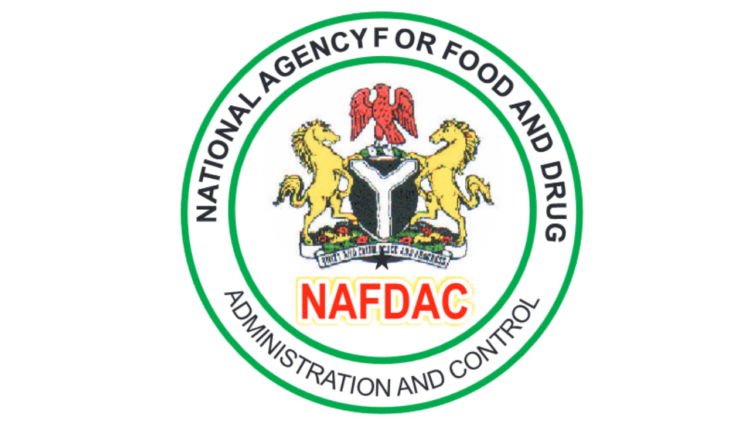As health systems across Africa face increasing pressure from emerging diseases, counterfeit medicines, and fragmented regulatory oversight, top drug regulators from eight African countries gathered in Abuja to strengthen cooperation and develop shared solutions.
The meeting, hosted by Nigeria’s National Agency for Food and Drug Administration and Control (NAFDAC), brought together agencies recognised by the World Health Organization (WHO) as operating at Maturity Level 3, a classification indicating a stable and functional regulatory system for medicines and vaccines.
The Director-General of NAFDAC, Prof. Moji Adeyeye, in a statement, explained the history of WHO’s Regulatory Systems Strengthening program and the Maturity Levels classification of regulatory authorities, as well as the journey for African National Regulatory Authorities (NRAs).
“WHO began benchmarking regulatory systems in 1997, with an initial focus on vaccines. The organisation later started unifying and harmonizing the GBT tools for medicines and vaccines in 2013, and a year later, the WHO passed Resolution 67.20. In 2018, Revision 1 of the tool was published to serve as a global standard for the objective assessment of regulatory frameworks and capacities of national regulatory authorities for medicines and vaccines.
“Nigeria started the benchmarking in 2018 with over 260 sub-indicators, resulting in over 800 recommendations to satisfy eight regulatory functions of the WHO GBT Tool, namely the overall National Regulatory System (or how strong the regulatory environment is), Registration and Market Authorization, Market Surveillance and Control, Regulatory Inspection, Clinical Trial Oversight, Laboratory Testing, Vigilance, and Licensing Establishments (by Pharmacy Council of Nigeria),” she explained .
These recommendations, Adeyeye said, were implemented, and in 2022, NAFDAC was recognised as operating at Maturity Level 3, characterised as a stable, well-functioning, and integrated regulatory system for medicines and imported vaccines.
The agencies from Nigeria, Ghana, Egypt, South Africa, Rwanda, Zimbabwe, Tanzania, and Senegal are the only ones on the continent currently classified by WHO as having reached Maturity Level 3. But achieving that status has not solved all the challenges, rather, it has exposed how isolated even the most advanced systems can be.
In February 2025, the eight agencies signed a Memorandum of Understanding (MoU) to create a formal mechanism for regulatory reliance, a system in which national bodies can recognise and use one another’s decisions, share data, and coordinate assessments.
At the Abuja meeting, the regulators discussed the practical hurdles to making this system work. These include political pressure at home, gaps in funding, and a lack of digital infrastructure to support cross-country communication.
While the ML3 label signals progress, Africa’s regulatory landscape remains uneven. Many countries still lack strong national drug oversight, and there are concerns that reliance mechanisms could deepen dependence on the few countries that have achieved ML3.
Officials acknowledged this concern and discussed ways to involve non-ML3 countries without undermining safety or slowing down the process. Some of the proposals include capacity-building efforts, shared training, and gradual expansion of the mechanism to include more partners over time.
The new steering committee, chaired by Zimbabwe’s regulatory chief Richard Rukwata and Egypt’s Dr. Ali Ghamrawy as vice-chair, will have to navigate this and other sensitive policy issues over the next two years.
Ultimately, the stakes are high. The COVID-19 pandemic exposed the vulnerability of African countries that rely on imports for most of their medicines and vaccines. With global supply chains under strain and donor support declining, there’s renewed pressure on African governments to strengthen local pharmaceutical systems.
Prof. Adeyeye, while reflecting on Nigeria’s own journey to ML3 status, emphasised that the meeting was about hard decisions and shared responsibility, not celebration.











